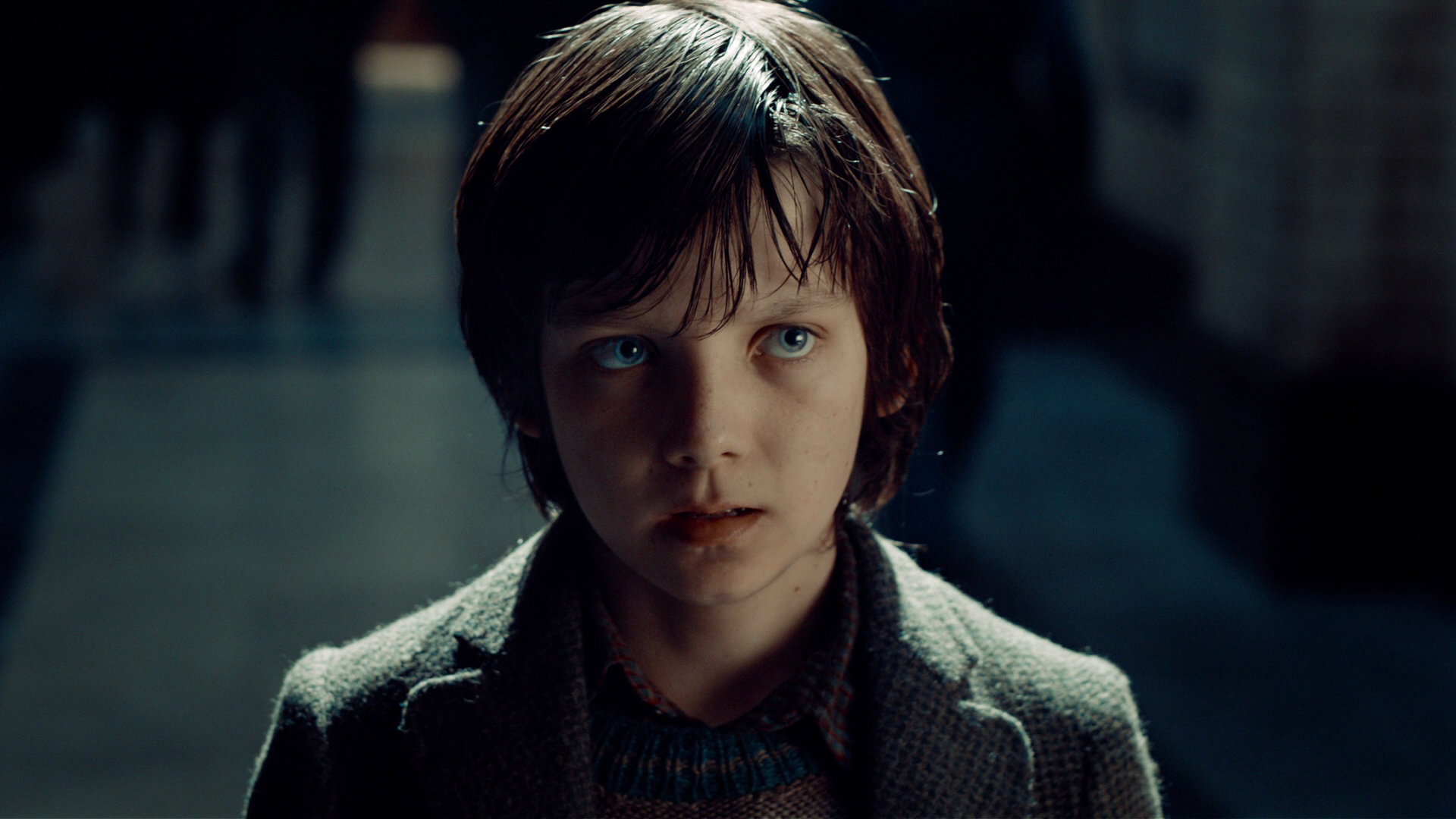Scorsese is one of the most acclaimed filmmakers in the world. His extensive filmography contains over 20 films, many of which are often overlooked outside his most popular works. The King of Comedy, The Age of Innocence, and After Hours are consistently mentioned as his underrated gems, so I’d like to exclude those from this discussion.
Mean Streets (1973)
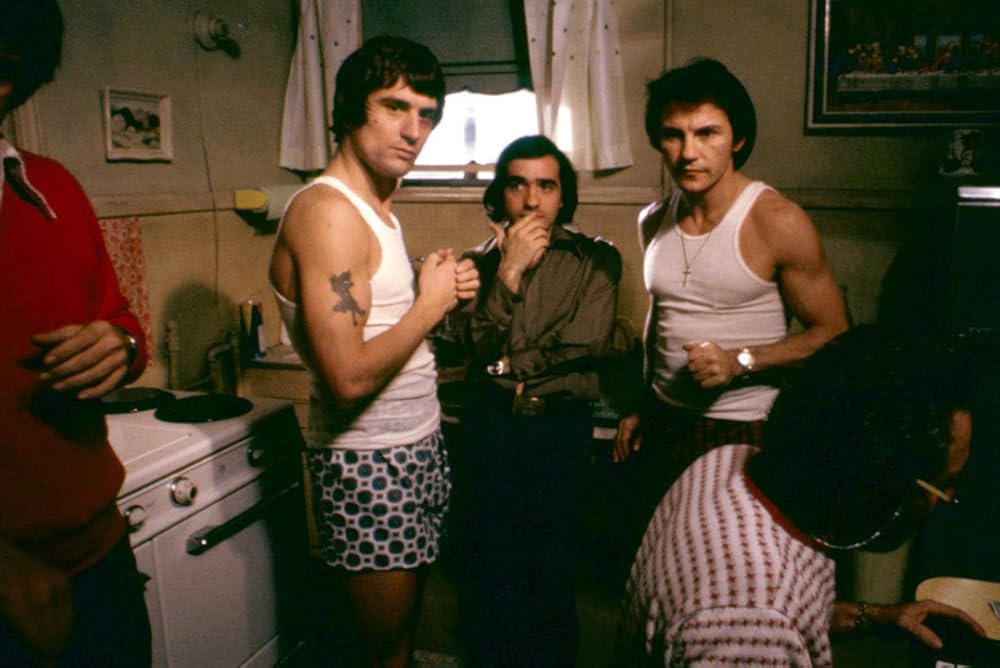
After watching Boxcar Bertha, John Cassavetes advised Scorsese to take a different path and not succumb to the exploitation market. This inspired him to create more personal stories. Mean Streets is deeply rooted in the events Scorsese witnessed and heard about in his Little Italy neighborhood in New York. It showcases his exceptional filmmaking and storytelling skills. Though it influenced many filmmakers of that generation, including Spike Lee, its popularity has faded over time.
Alice Doesn’t Live Here Anymore (1974)
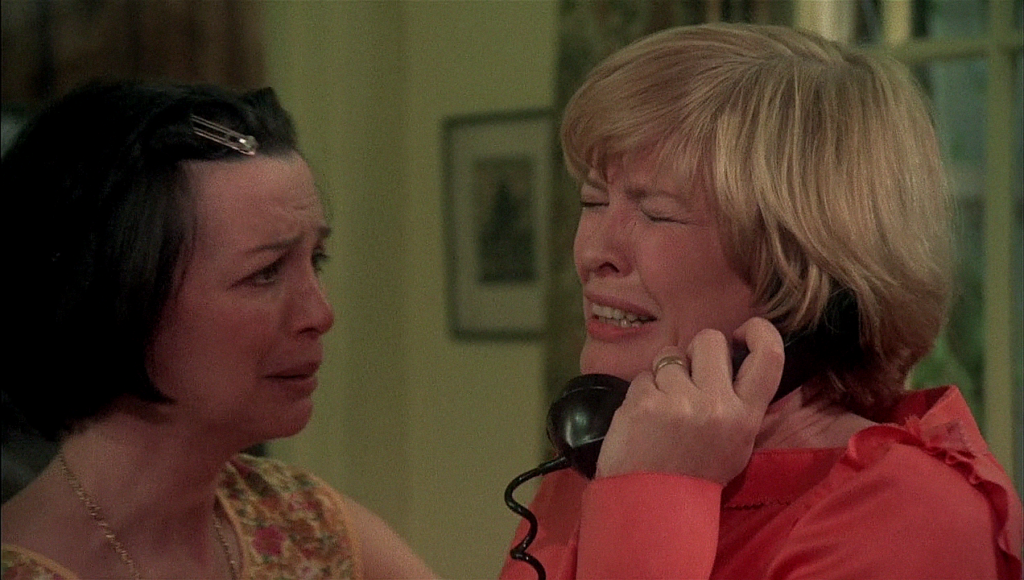
This film was a passion project for lead actress Ellen Burstyn, and Scorsese served, as they say in the industry, more as a “hired hand.” The movie opens with a fantastical homage to The Wizard of Oz but is set in a far grimmer world, dominated by manipulative and abusive men rather than the Tin Man, Lion, and Scarecrow. Don’t let these comparisons fool you—the men are far scarier, inflicting physical and emotional harm on Alice and her son. Like Dorothy, Alice seeks happiness and peace, but unlike Dorothy, her quest for home remains tragically unfulfilled.
The Last Temptation of Christ (1988)
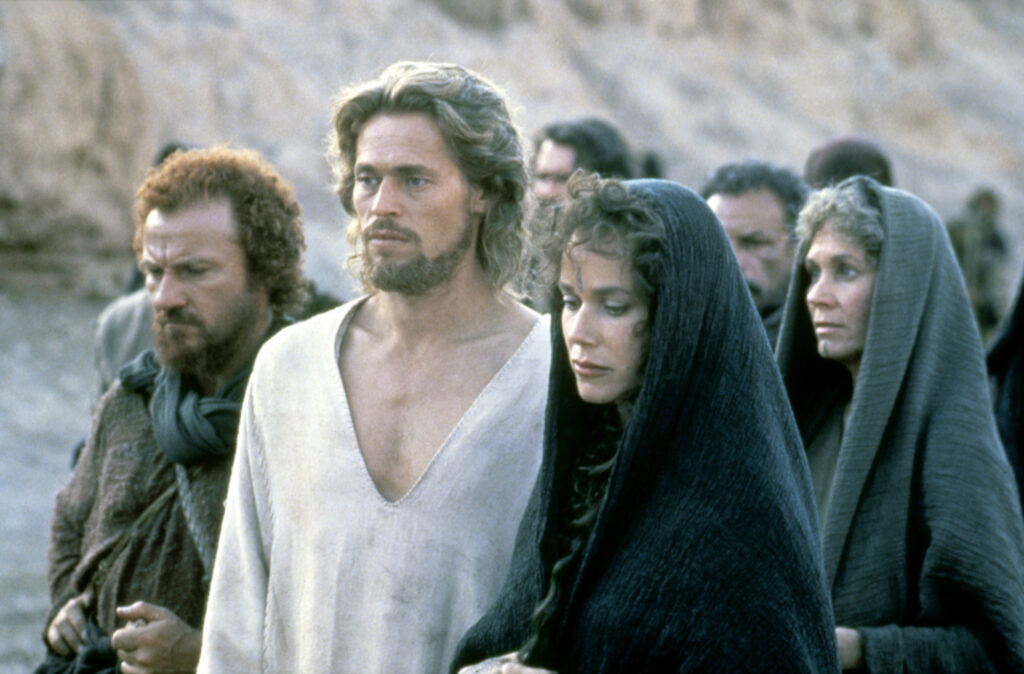
A deeply unconventional and psychedelic religious drama, this film portrays Jesus Christ grappling with a moral dilemma like no other. It stirred controversy for its bold portrayal of Jesus but remains a profound exploration of faith. The story examines the weight of choices and how they shape the paths of our lives.
Bringing Out the Dead (1999)
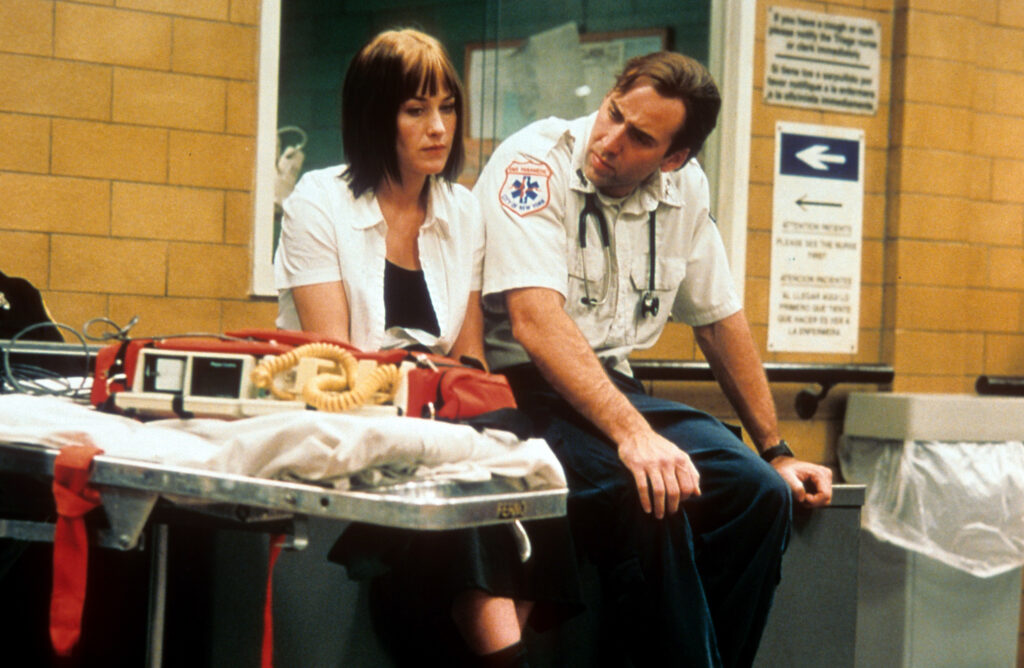
A gritty tale of an ambulance driver, played by Nicolas Cage, the film takes a psychological turn under the hands of Paul Schrader and Scorsese. Its atmosphere is reminiscent of Taxi Driver, immersing viewers in the seedy underworld of New York’s nightlife. Cage delivers a stellar performance, perfectly capturing his character’s exhaustion from engaging in a world rife with crime and drugs. His transformation achieved not through violence but by doing his job and saving lives, is classic Schrader—a desperate character seeking rest and redemption.
Gangs of New York (2002)

A quintessential gangster film, Gangs of New York is set in the 19th century and depicts the constant conflict between New York’s natives and immigrants. Daniel Day-Lewis delivers a menacing performance as Bill the Butcher, the leader of the natives, who makes Amsterdam’s (Leonardo DiCaprio) quest for revenge increasingly challenging. The film’s ending, one of my favorites, illustrates how much the world has changed—but also reminds us that the basic conflicts and despicable aspects of human nature persist.
Hugo (2011)

Hugo is a fantastic adventure centered around two children on a quest to solve a family mystery. Filled with charming side characters and stunning visuals, it’s shot in 3D, creating thrilling sequences that enhance the experience. The film is a sweet homage to one of cinema’s pioneers, Georges Méliès.
Silence (2016)

Though Scorsese is famous for his gangster films, themes of faith and spirituality often play a significant role in his work. In Silence, the story follows a Jesuit priest struggling with his faith while attempting to spread Christianity in Japan. The film raises introspective questions about religion through his experiences. It captures the suffering of the Japanese people and examines whether religion can truly save them from their oppressors. Andrew Garfield delivers a powerful performance as a character torn by the endless suffering around him. Silence is a complex, thought-provoking film that will likely stand the test of time, much like Scorsese’s best works.

Chaitanya Tuteja is someone who enjoys sharing his thoughts on books, movies, and shows. Based in India, he appreciates exploring different stories and offering honest reflections. When not reflecting on his favorite media, Chaitanya enjoys discovering new ideas and embracing life’s simple moments.

